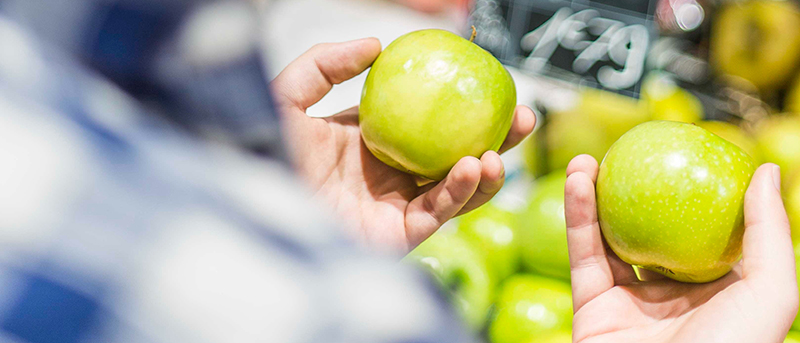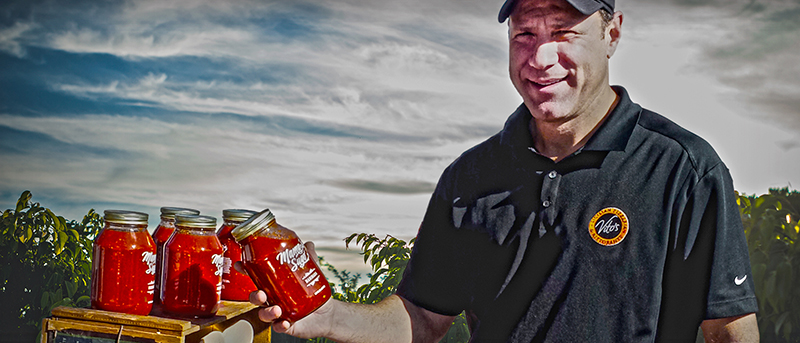It’s a fantastic time to be a small food brand in America. Today’s hyper-connected world allows companies unprecedented access to insight, advice, and resources that simply weren’t available even 10 or 15 years ago. The prevalence of market data and other information online allows savvy companies the ability to more easily identify gaps in the market, and creative, diverse funding sources help startups with good concepts get to market faster. Social media gives tiny companies a chance to cultivate big brand exposure without having to make significant investments in advertising, as digital word-of-mouth evens the playing field. Perhaps most importantly, though, much of the current culture in the United States has come to value small, craft brands with a compelling, relatable story over big, established CPG brands, and this sentiment has fueled a lot of small brands to great success in recent years.
Not long ago, this shift in brand support gave rise to a new brand narrative. Emerging brands started differentiating by how craft and relatable they were. It was effective. The idea of a mother of 4 who was fed up with the lack of healthful food options for her children’s school lunch was contrary to the norm. It was differentiating. Groundbreaking, even. It killed it at the farmer’s market. Or some random guy named Fred who had a great recipe for a party dish, and was compelled by friends to turn this passion into a business, was respected and revered for taking a risk to bring something fresh and different to market. Fred was a rockstar.
But simply recounting how a product came to be is no longer unique or compelling. Everyone started in their basement or at the farmer’s market. There are countless mothers of 4 starting companies to give their kids better choices. And every Fred in the market can’t be a trailblazer with his grandma’s recipe.
I don’t say this to disparage mothers of 4 or guys named Fred. The Freds and mothers who really were trailblazers realized that the market was full of big corporations and tired, heritage brands, and that a simple, relatable story would set them apart in a meaningful way. Consumers were looking for alternatives, and these new brands gave them something real and honest. They recognized what the competition was doing, and they zigged when other brands were still zagging.
Unfortunately, we’re at saturation. We’re desensitized. How do we know if one Grandma’s family recipe is better than another?
The encouraging news is that people still want story. They still want to relate to something real, and they still support the brands that inspire them. Brands simply need to identify what makes them different now, and leverage that to blaze another trail. The difference between winning and losing brands is still the ability to take what makes them special, and to properly position that value against the competition.
For a lot of passionate entrepreneurs, trying to self-evaluate in this way can be a challenge. Fred’s grandma’s recipe may be meaningful to him, but in this competitive environment, it probably won’t be what motivates the consumer to purchase…and in the end, that’s what it’s all about. Whether the goal is to make millions or to simply share a passion with the World, the ultimate objective is to encourage people to grab your product off the shelf and take it home.
If you feel like your brand could use some fresh perspective, or you’re a startup that wants to get off on the right foot, contact Upstart Food Brands. We can help you turn your passion and motivation into the right, meaningful brand.




